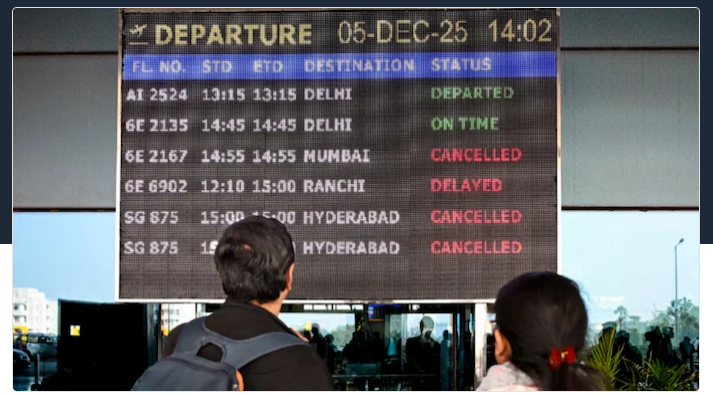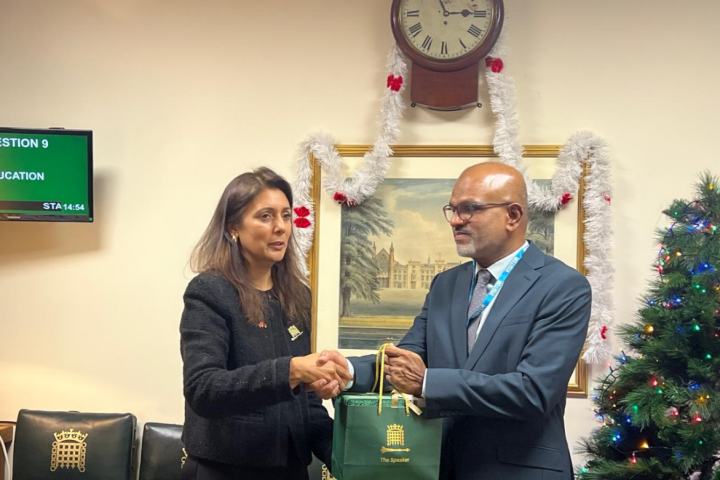Tokyo- The Japan Tourism Agency will provide subsidies to promote the use of pictograms showing food ingredients, the development of menus for such Muslim and vegetarian visitors, and the establishment of prayer spaces for Muslims.
With the number of foreign visitors to Japan increasing, the country needs to create a more accommodating environment for vegetarians and Muslims.
The model project will require cooperation between local governments, so-called destination management organizations or DMOs, and businesses in the restaurant, hotel, and travel industries.
The estimated annual number of vegetarian visitors to Japan was 1.67 million in 2018, before the COVID-19 pandemic, with their spending on food and beverages estimated at 45 billion yen to 60 billion yen. The visitor number and the spending amount are expected to grow further.
The number of tourists from Southeast Asian countries with large Muslim populations, such as Indonesia and Malaysia, is also increasing steadily, according to the agency.
Islamic law prohibits consuming alcohol, including mirin (sweet cooking sake), and some soy sauce containing alcohol, in addition to pork. Some vegetarians avoid eating not only meat and fish but also dishes containing broth made from animals.
The model project will support the development of original Japanese food menus for Muslims and vegetarians from abroad.
The agency will also promote the use of pictograms allowing ingredients in restaurant food and souvenirs to be understood at a glance.
The city of Okayama certifies accommodation facilities deemed friendly to Muslims. The city of Hitoyoshi, Kumamoto Prefecture, focuses on promoting halal meals prepared in accordance with Islamic law.
The estimated annual number of vegetarian visitors to Japan was 1.67 million in 2018, before the COVID-19 pandemic, with their spending on food and beverages estimated at 45 billion yen to 60 billion yen. The visitor number and the spending amount are expected to grow further. (Japan Times)











